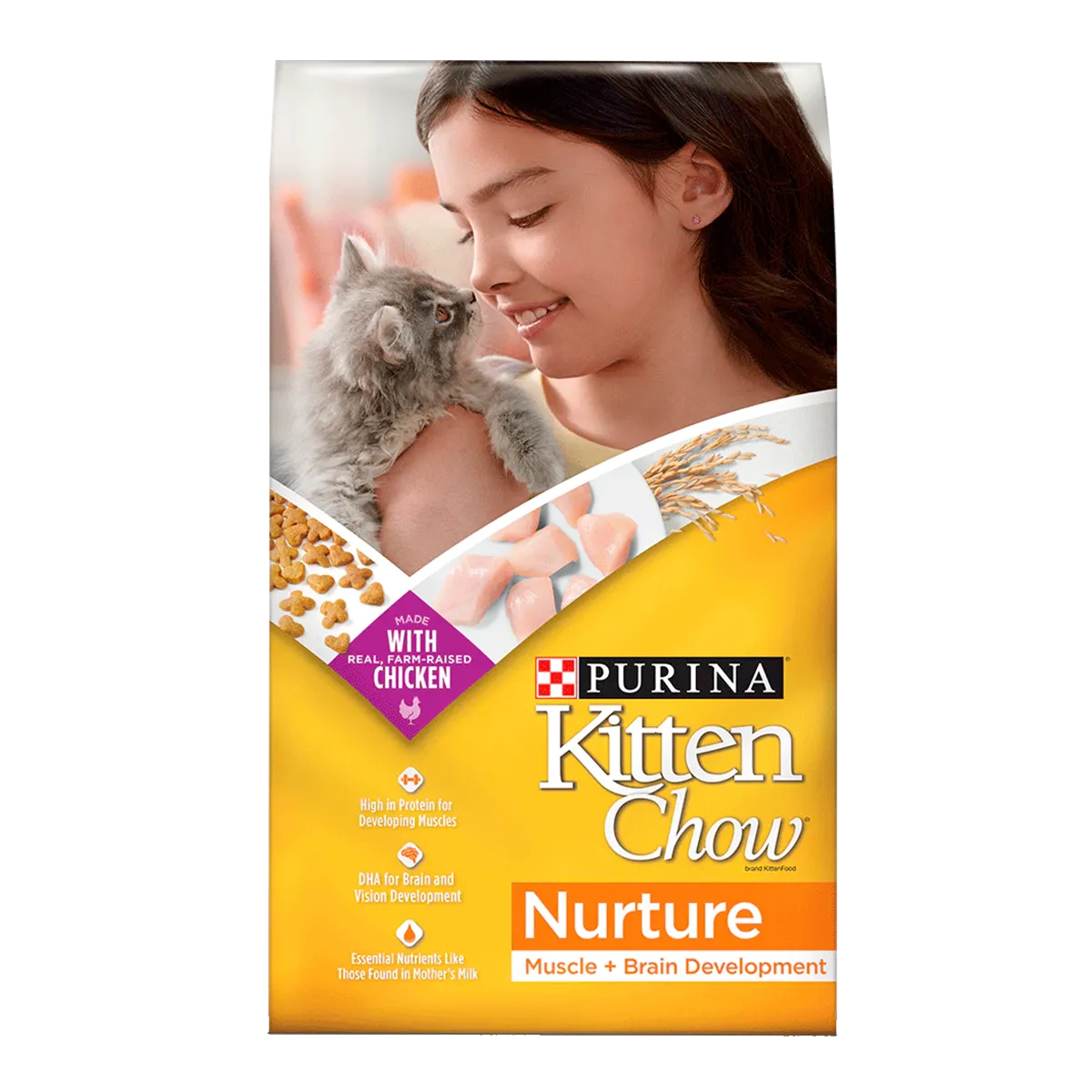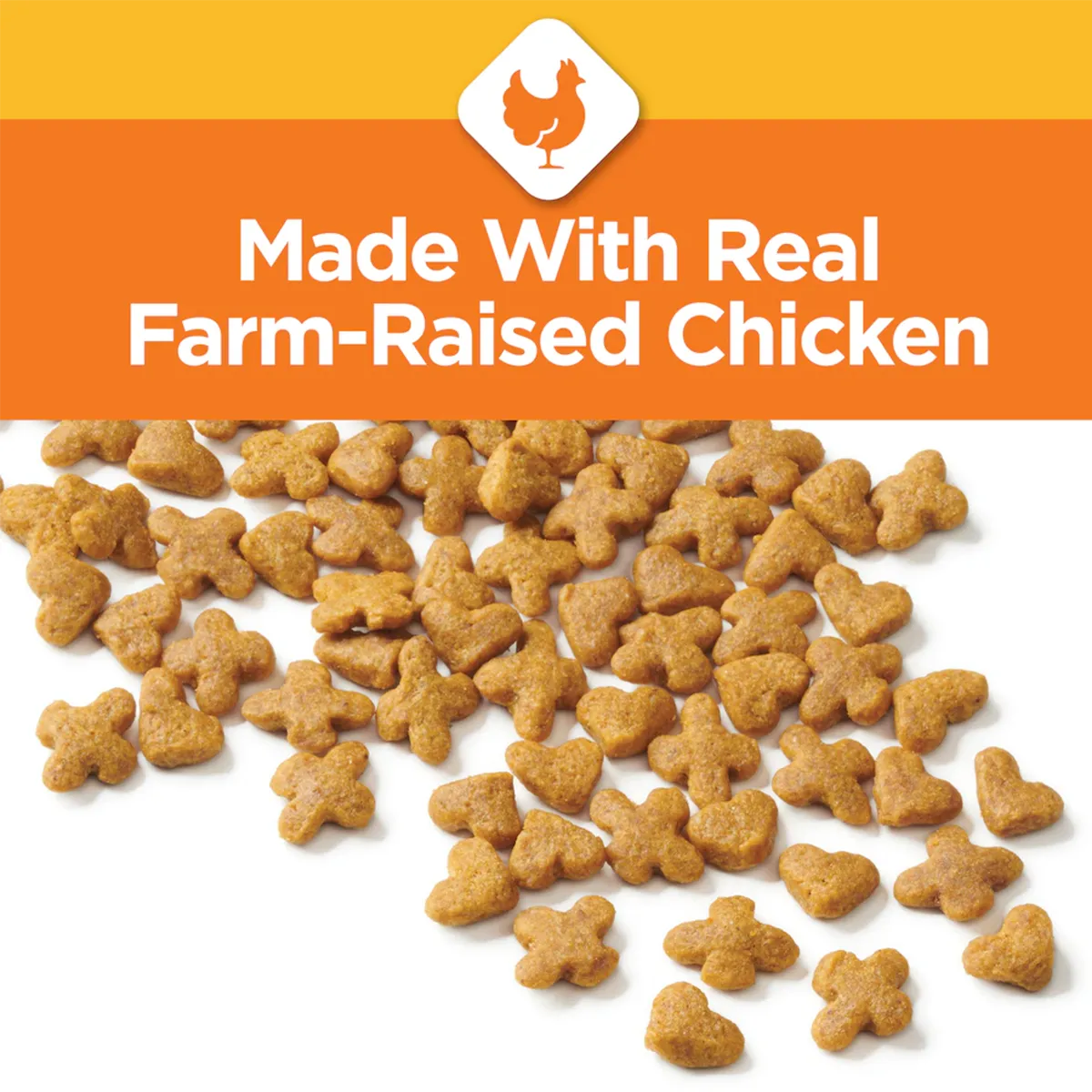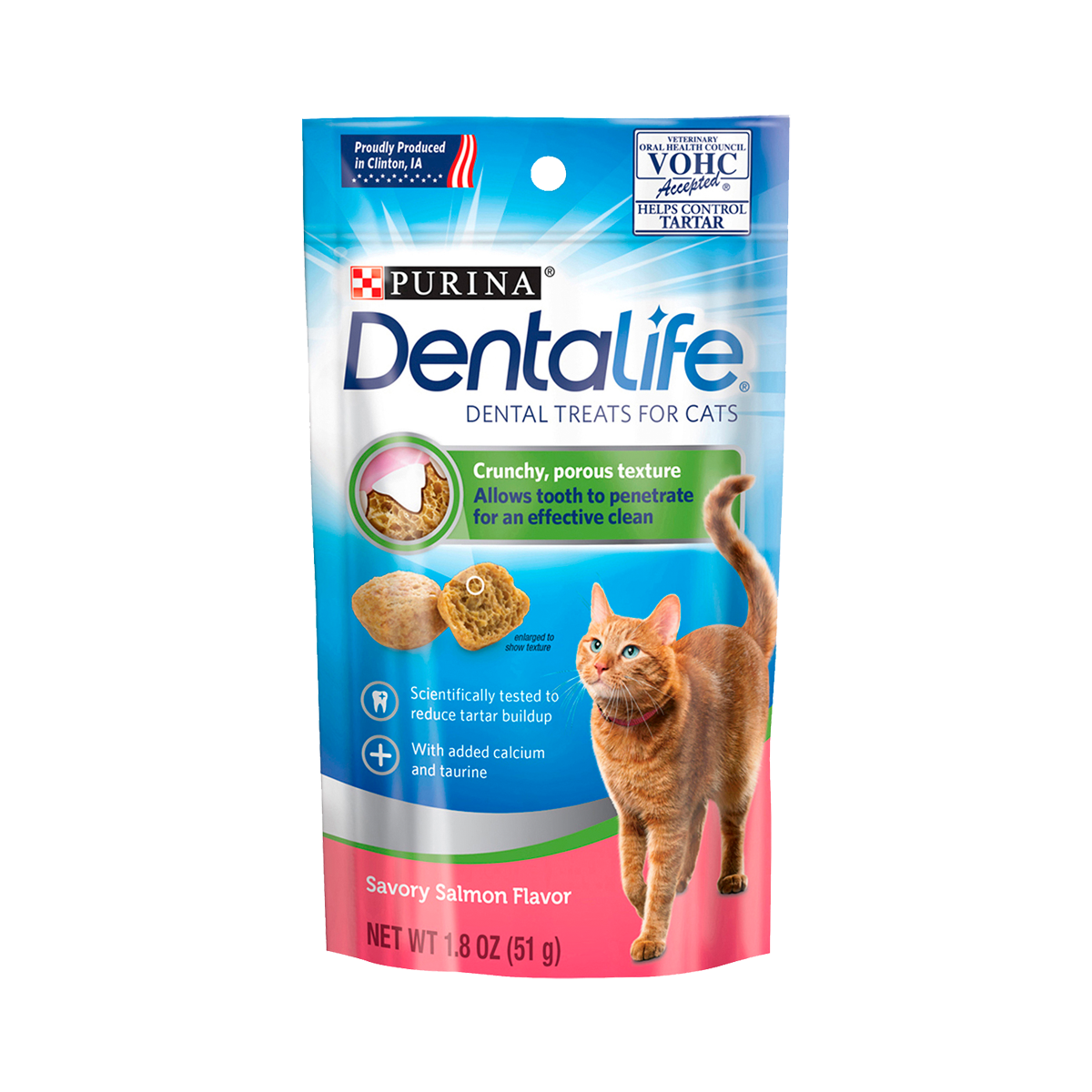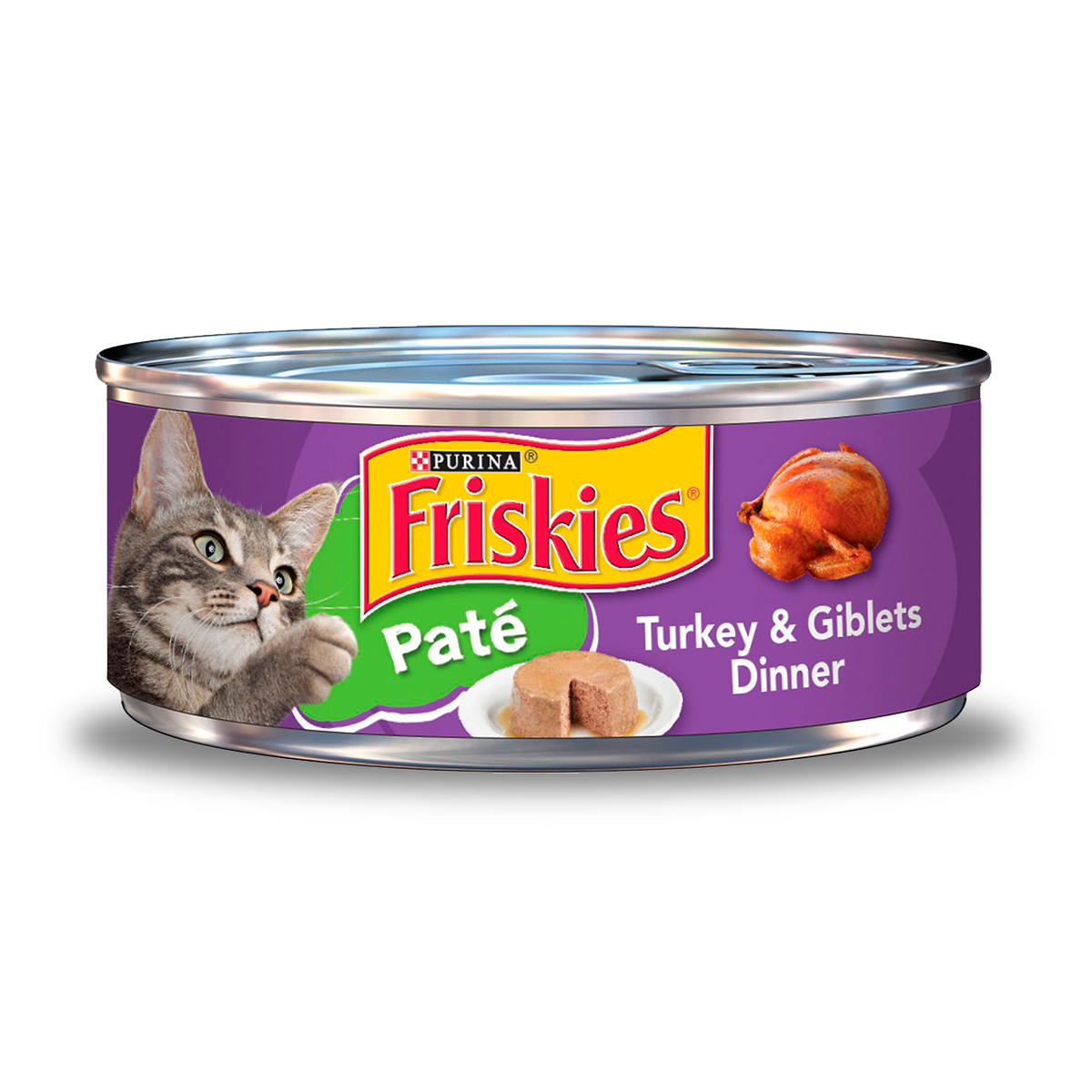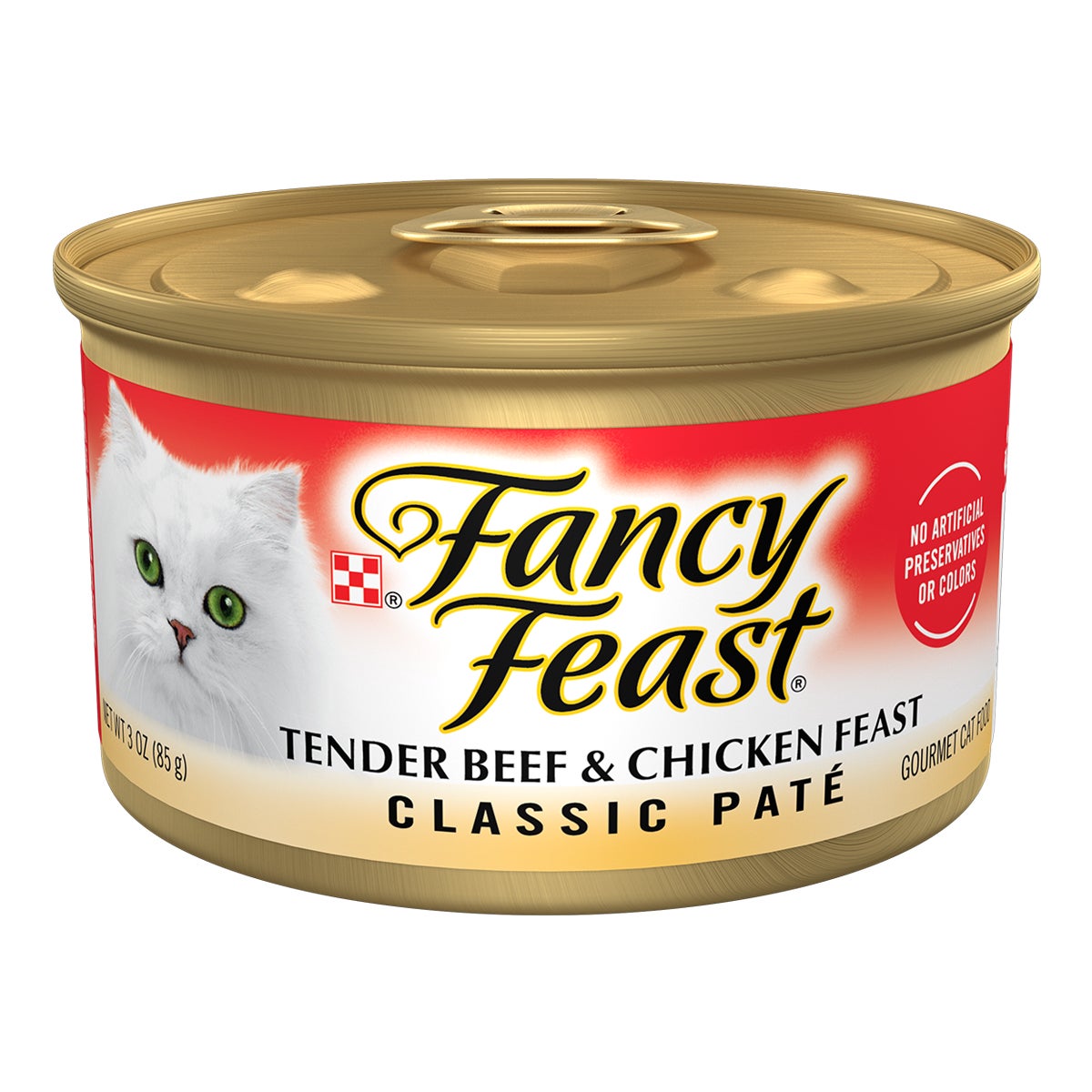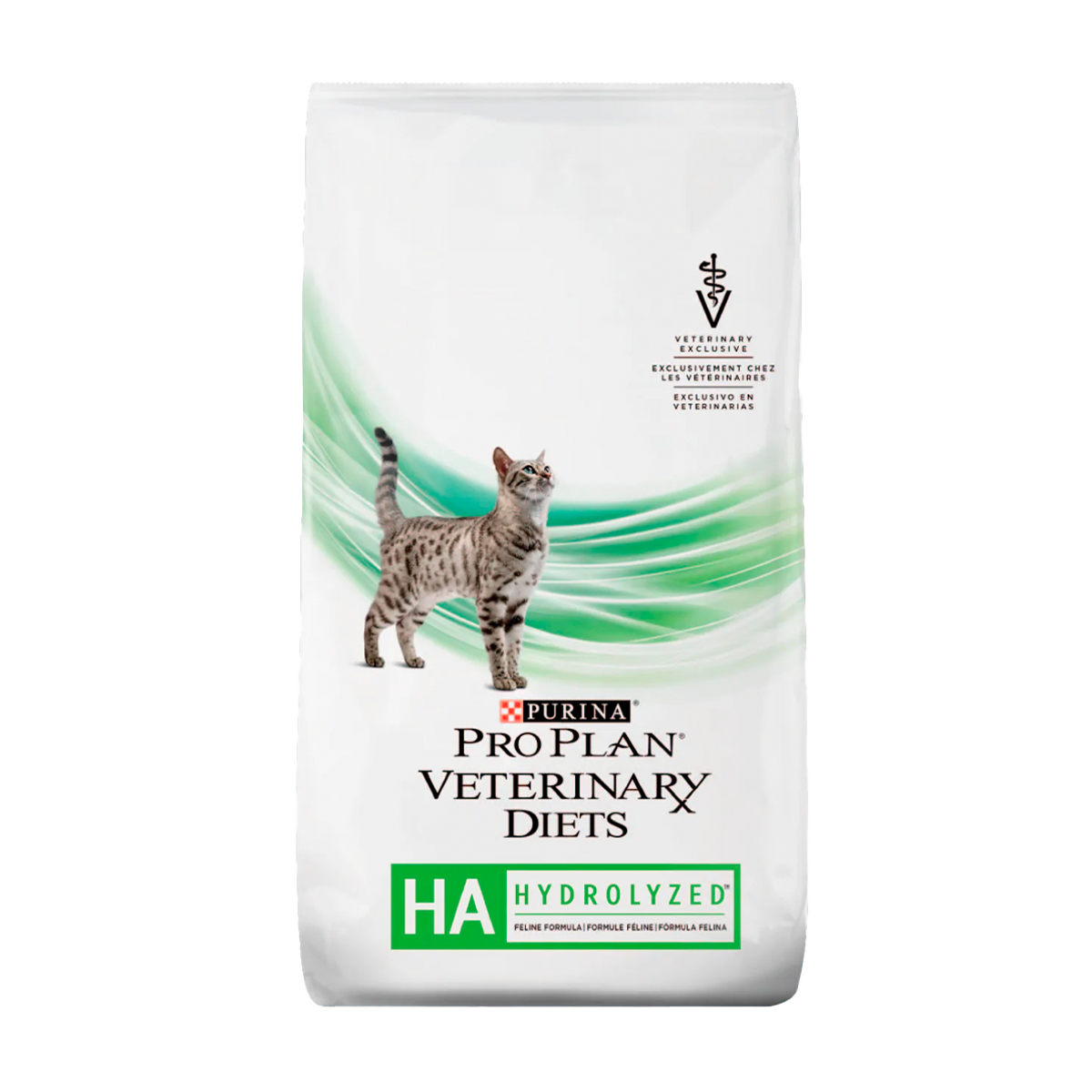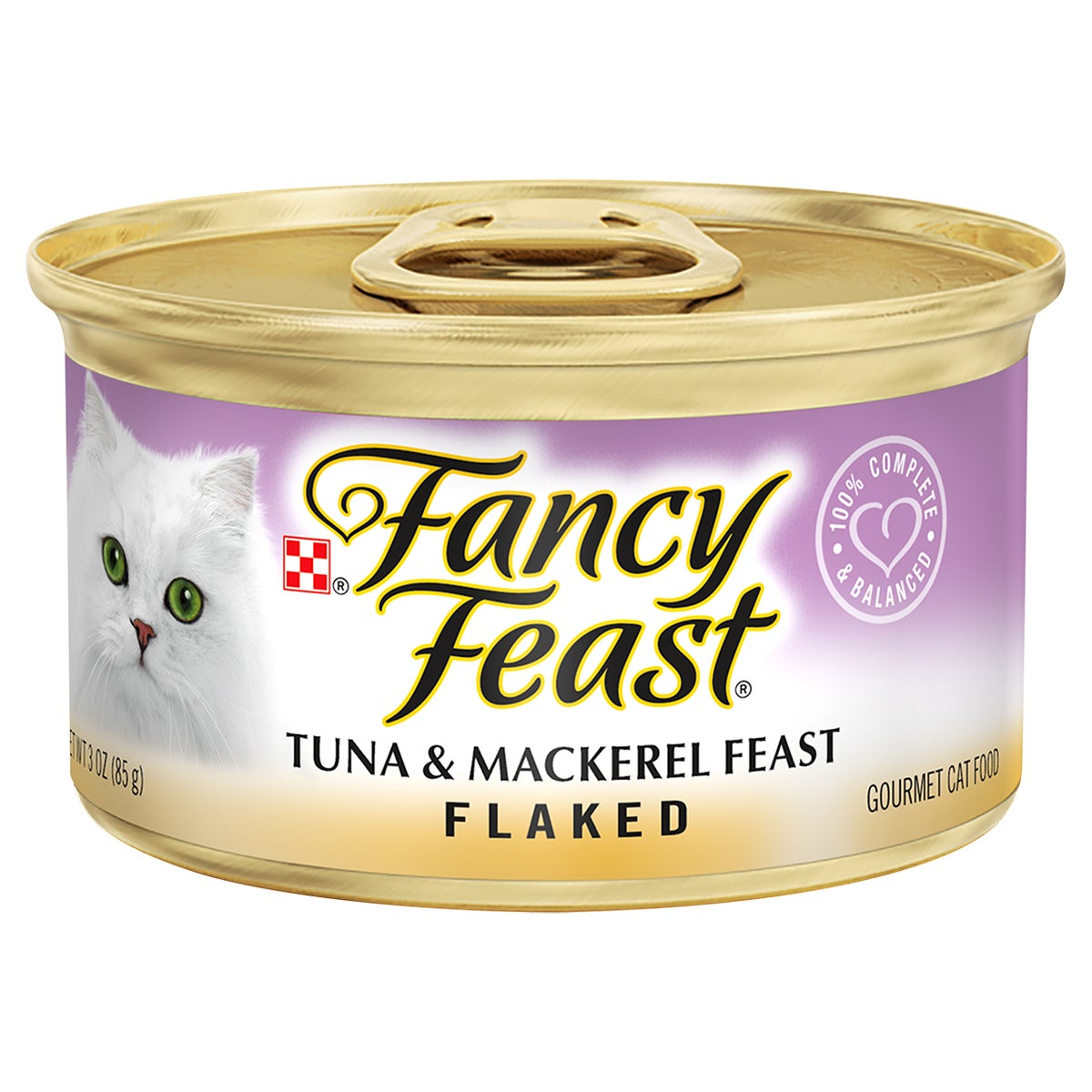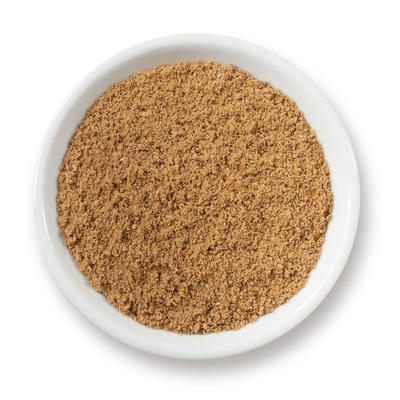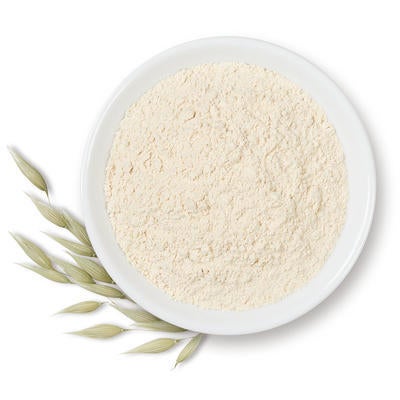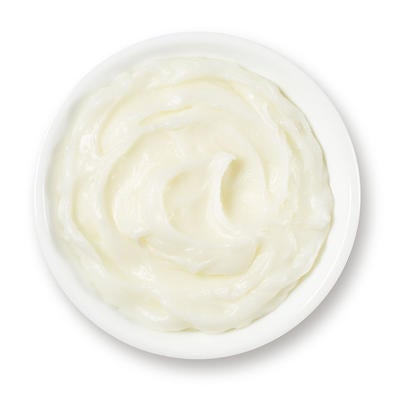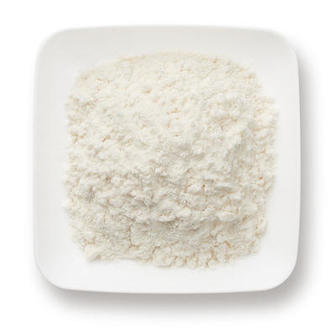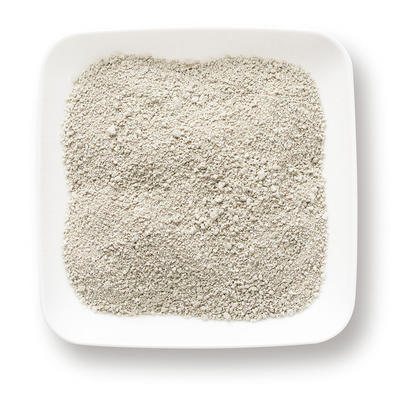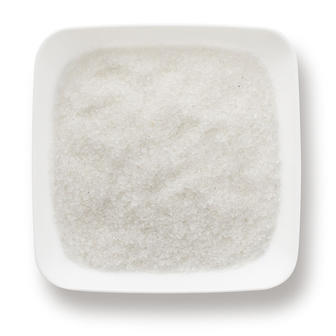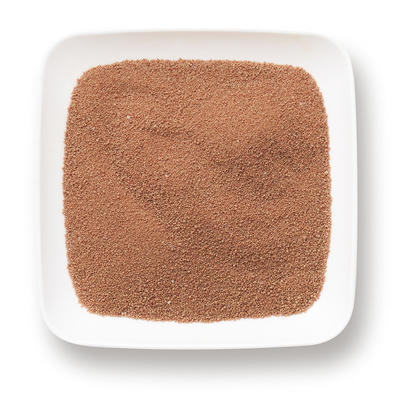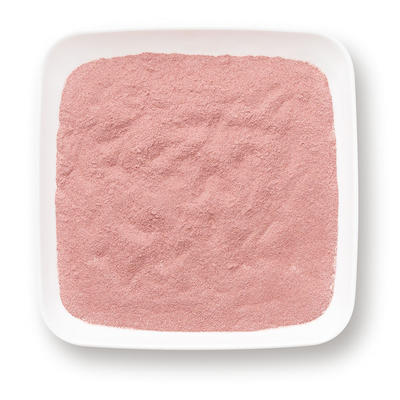DentaLife Daily Dental Treats for Cats feature a porous texture to reduce tartar buildup...
Purina® Cat Chow® Dry Cat Food
Available sizes
3.15 lbsDescription
Your kitten has a lifetime of happiness ahead. Keeping them healthy from the start is the first step to a life well-lived. So our formula is purposefully designed for this special life stage with high protein to build muscles and DHA for proper brain development.
And to deliver more reassurance during this important life stage, you can count on Kitten Chow Nurture Muscle + Brain Development to craft every batch with care. That means responsibly sourced ingredients, expertly prepared recipes produced in Purina-owned facilities and the knowledge of hundreds of scientists and nutritionists to ensure every ingredient is purposeful to your cat’s health.
- Made with real, farm-raised chicken
- High in protein for developing muscles
- DHA for brain and vision development
- Essential nutrients like those found in mother's milk
- No artificial colors or flavors
Using a standard 8 oz measuring cup
Kittens generally nibble solid foods at 3 - 4 weeks of age. Keep moistened Purina Kitten Chow Nurture available to these kittens at all times. Just add one part liquid to three parts Purina Kitten Chow Nurture, changing frequently to ensure freshness. After weaning, at 6 - 8 weeks of age, kittens will normally eat dry or moistened food at will. Start a self-feeding program, leaving food in dish at all times. Feeding amounts should be adjusted as necessary to help your kitten maintain an ideal body condition. Because kittens continue to develop throughout their first year, it’s important that they get the extra nutrition of Purina Kitten Chow Nurture for a full 12 months. After one year of age, transition to the Purina Cat Chow formula that’s right for your cat.
FEEDING FOR REPRODUCTION
Purina Kitten Chow Nurture provides the extra nutrition needed by reproducing females in stages of gestation and lactation. Food consumption may vary during gestation, so feed the amount needed to maintain the pregnant female’s good body condition. Food intake may double or even quadruple during lactation.
FEEDING TIP
Changes in your cat’s diet should be made gradually to allow your cat to become accustomed to a new food. Substitute small amounts of the new food for the old food, gradually increasing the amount of the new food while decreasing the old food, over a period of 7 - 10 days. This gradual transition will help avoid dietary upsets.
Provide adequate fresh water in a clean bowl daily.
For your pet’s health, see your veterinarian regularly.
Calorie Content (calculated)(ME):
3705 kcal/kg
414 kcal/cup
Chicken by-product meal, corn gluten meal, rice, soy flour, beef fat preserved with mixed-tocopherols, ground whole wheat, chicken, fish meal, liver flavor, dried yeast, calcium carbonate, phosphoric acid, salt, choline chloride, MINERALS [zinc sulfate, ferrous sulfate, manganese sulfate, copper sulfate, calcium iodate, sodium selenite], VITAMINS [Vitamin E supplement, niacin (Vitamin B-3), Vitamin A supplement, calcium pantothenate (Vitamin B-5), thiamine mononitrate (Vitamin B-1), riboflavin supplement (Vitamin B-2), Vitamin B-12 supplement, pyridoxine hydrochloride (Vitamin B-6), folic acid (Vitamin B-9), Vitamin D-3 supplement, biotin (Vitamin B-7), menadione sodium bisulfite complex (Vitamin K)], taurine, potassium chloride. K453020.
| Nutrients | Mín. | Máx. |
|---|---|---|
| Crude Protein (Min) | 40.0% | - |
| Crude Fat (Min) | 13.5% | - |
| Crude Fiber (Max) | - | 2.5% |
| Moisture (Max) | - | 12.0% |
| Docosahexaenoic Acid (DHA) (Min) | 0.02% | - |
| Calcium (Ca) (Min) | 1.2% | - |
| Phosphorus (P) (Min) | 1.1% | - |
| Selenium (Se) (Min) | 0.3 mg/kg | - |
| Vitamin E (Min) | 150 IU/kg | - |
| Taurine (Min) | 0.12% | - |

